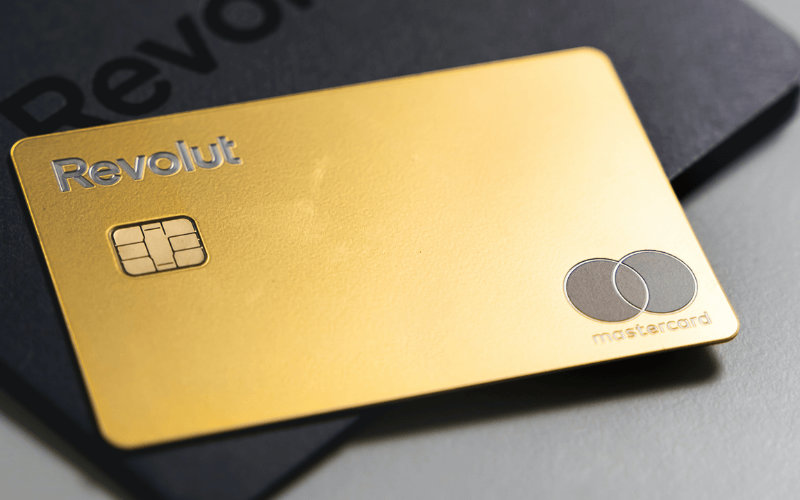Revolut Eyes Morocco: Fintech Giant’s Entry Could Shake Up Banking for Locals and Expats

The British fintech Revolut is considering setting up in Morocco. Preliminary discussions have taken place with the central bank. This project could transform the country’s banking landscape by offering an alternative to consumers, particularly Moroccans living abroad (MREs).
According to the magazine Jeune Afrique, preliminary discussions took place in early August between the company’s executives and Bank Al-Maghrib. This prospect raises questions about both the opportunities for consumers and the regulatory challenges to be overcome.
These initial exchanges have laid the groundwork for exploration. An authoritative source from the central bank, quoted by the weekly, specified that "the discussions covered the specificities of the Moroccan financial ecosystem, the existing banking offer and the potential needs in terms of services likely to meet specific market segments." For its part, Revolut confirmed its interest in the country, indicating that "Morocco is a market we are evaluating and consider attractive, with the potential to offer a unique service proposition to our customers."
Revolut’s appeal to consumers is mainly based on its business model, known for its reduced fees. This approach could address a local concern, as pointed out by Ouadi Madih, president of the National Federation of Consumer Associations (Fnac). He estimates the cost of banking services for a Moroccan user between 1,000 and 2,000 dirhams per year. Moroccans living abroad, who transferred more than 117 billion dirhams in 2024, constitute another segment potentially interested in less costly transfer solutions.
Beyond consumers, the fintech’s "freemium" model, which combines free services and paid options, is in line with the objectives of Moroccan regulators. The latter are seeking to both increase the bankarization rate, which was 54% in 2024, and accelerate the digitalization of payments. This objective, however, clashes with the revenue model of traditional banks, for whom commissions accounted for nearly 10 billion dirhams in 2024, or 14% of net banking income. Moreover, the Competition Council recently reiterated the prohibition of levying fees on electronic payments, which reflects the existing tensions on this issue.
However, the establishment of the British company faces significant regulatory obstacles reported by the pan-African magazine. On the one hand, Law 31-08 on consumer protection does not provide for a chargeback mechanism in the event of credit card fraud, a standard established in other markets. On the other hand, the legislation on the protection of personal data (Law 09-08), dating from 2009, is considered outdated. Doctoral student Yasser Elkouri, also quoted, notes that "artificial intelligence systems often conflict with the principles of Law 09-08, creating tensions between technological innovation and the protection of individual rights." The realization of Revolut’s project will therefore depend on its ability to navigate this specific legal framework.
Related Articles
-

Morocco’s Gold Paradox: Imports Soar 51% as Local Jewelry Market Stagnates
31 August 2025
-

Morocco’s Tourism Boom: 11.6 Million Visitors Drive 67 Billion Dirham Revenue Surge
31 August 2025
-

Chinese Auto Giant Tianyouwei to Invest €65 Million in Moroccan Manufacturing Hub
31 August 2025
-

Moroccan Dirham Surges Against Euro as Foreign Reserves Hit 409.6 Billion
31 August 2025
-

Taghazout: Morocco’s Hidden Gem Transforms from Surfer’s Paradise to Eco-Chic Resort Destination
30 August 2025